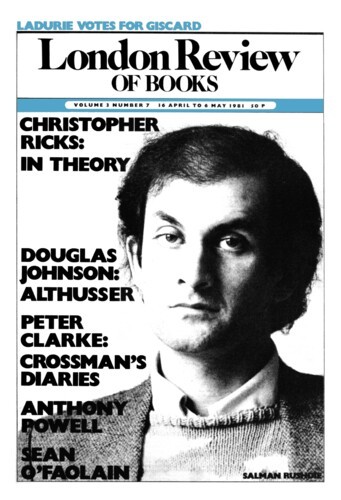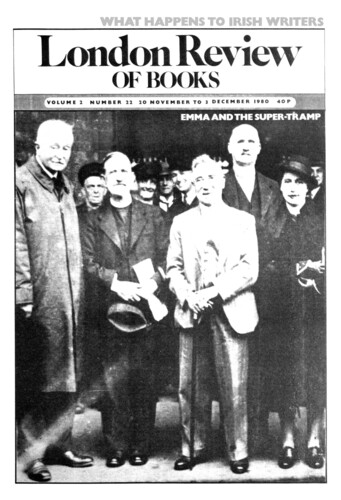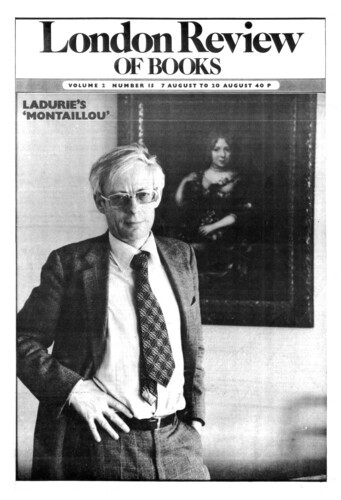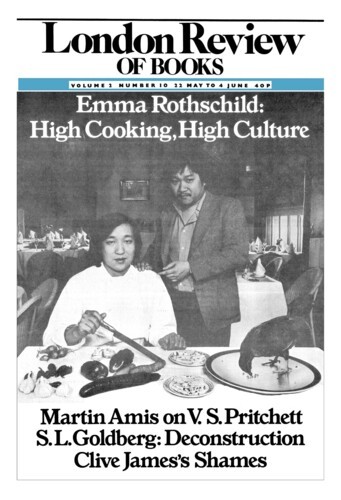The summer of 1979 was fine, so far as the French were concerned. In the great annual reshuffle of the social norms, which they have turned into a ritual with all the characteristics of a cult, the instant societies of the beach, the camping-site and the résidence secondaire were readily provided with the stockrooms from which conversations could be organised. There were three focal points. There was Spaggiari, who was the organiser and promoter of the casse du siècle, when he and his associates had profited from an earlier summer holiday to break into the vaults of a bank in Nice and rifle its secret strong-boxes. Several arrests had been made but the leader Spaggiari (known as ‘Bert’) had made a dramatic escape. More recently there was a certain Leroy, the trusted employee of a security company, who had suggested to his three fellow guards that he would spend the long summer’s night cleaning all their revolvers; once they were disarmed he had used his weapon to subdue them and disappeared with the large sum of money which they were supposedly protecting. And there was Mesrine, the murderer, kidnapper and bandit, Public Enemy Number One, whom the police could not hold, and whose exploits had demanded the attention of the French public for more than six years.
The summer of 1979 was fine, so far as the French were concerned. In the great annual reshuffle of the social norms, which they have turned into a ritual with all the characteristics of a cult,...




